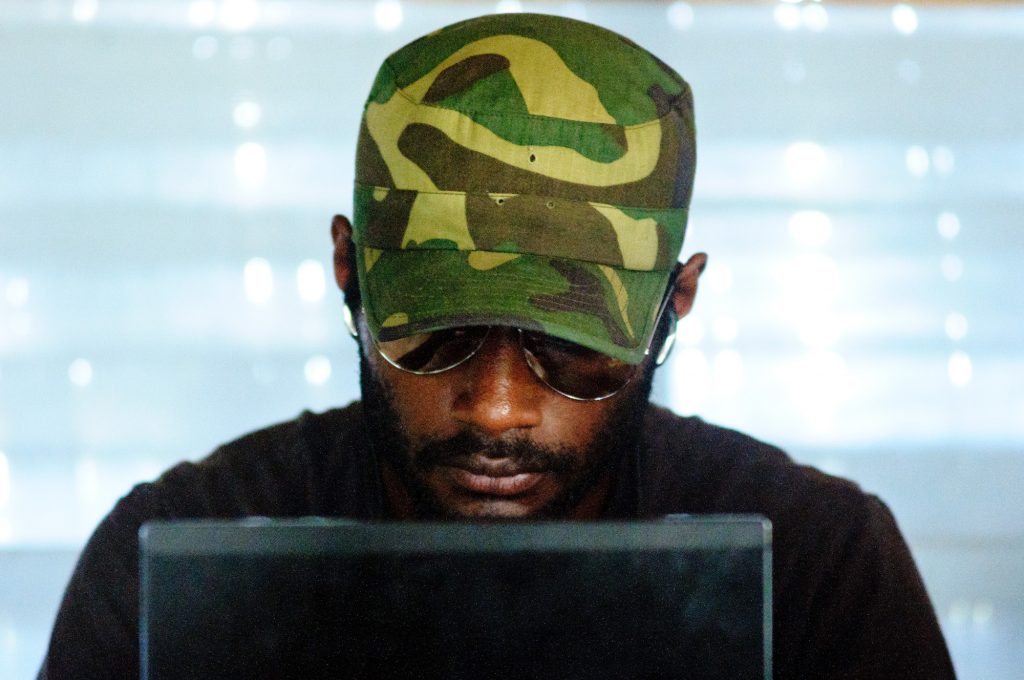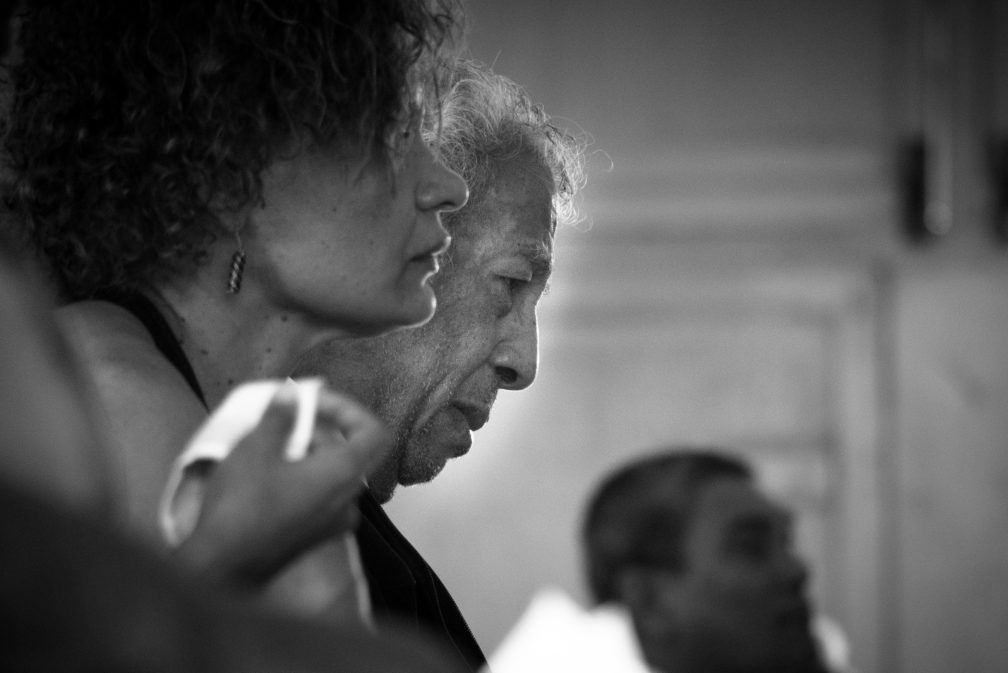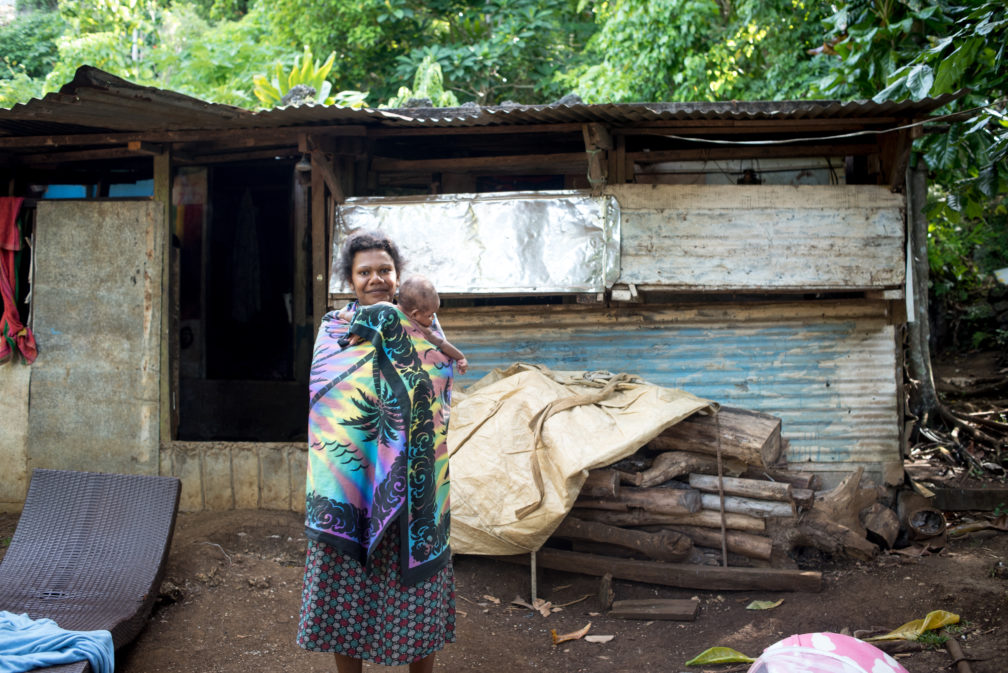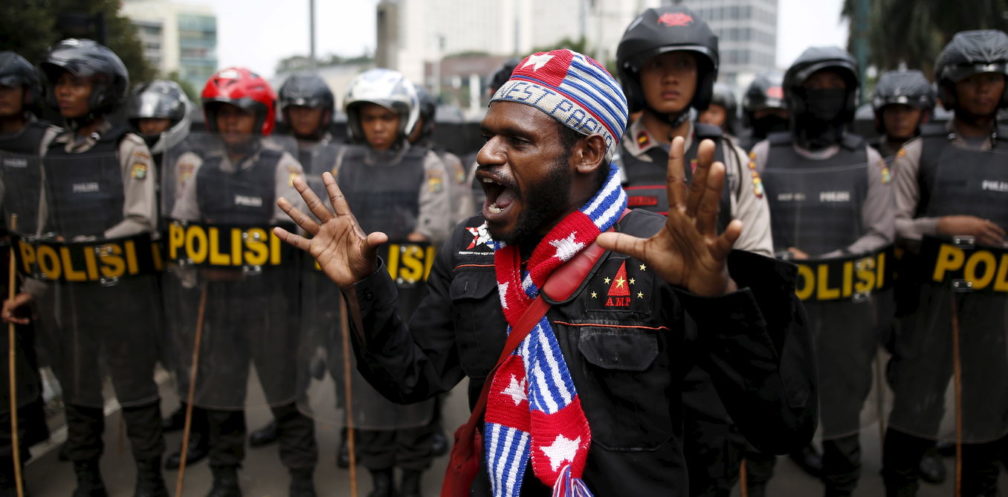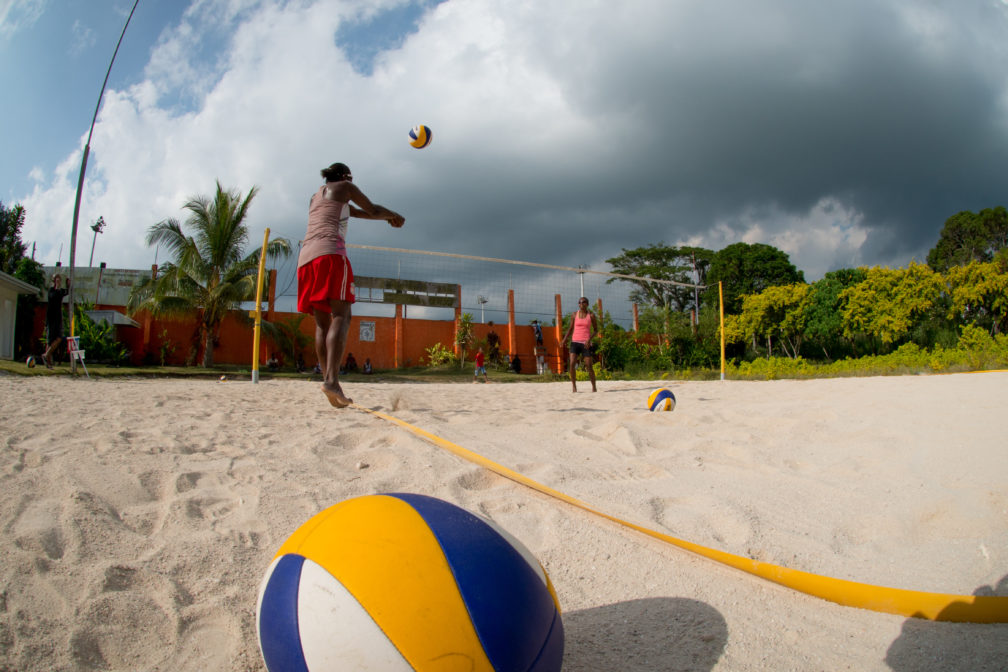What’s wrong with journalism? What happened to trust?
Maybe those aren’t the right questions. Maybe it’s not what’s wrong with it. Maybe it’s what’s wrong with us. Journalism didn’t change. We did. All of us. We changed the way we think about things, but we didn’t change the way we know them.
Fixing Journalism really means Fixing Us. Us journalists can’t do it for others, but we can’t stand around waiting for the rest of the world to do it for themselves. Maybe there are a few basic principles we can apply ourselves, and trust others to learn and apply them in time.
Journalism is not a thing unto itself. It’s not an externality, existing outside of government, finance, culture and society. It is intrinsic to them all, an answer to one of the key questions in humanity’s perpetual quest for truth.
Sounds highfalutin’, but there it is: The News is what comes out when someone asks, ‘Says who?’
Lies and the Lying Liars who Lie Them (i.e. Us)
From the moment the first hominid used a pre-linguistic vocalisation to cry wolf (or bear, or tiger, or whatever) we’ve been lying to each other.
Many species do. Birds have been taped using false alarm calls to chase competitors away from a kill. Arctic ravens have developed elaborate ruses to draw sled dogs away from their meat long enough for others to slip in and grab a mouthful.
Lying works. Until it no longer does. There’s an all-too-real Tragedy of the Common Tongue that happens when falsehood overwhelms truth, creating radical social harm. Look no further than rumour-driven mob violence, blood libel, pogroms and, God forgive us, the Holocaust to see how devastating falsehoods can become.
This lesson, alas, is as old as humanity itself.
We don’t need truth in every part of our lives. We really don’t want truth in some parts. But we need to know where to find it when we do.
That’s what journalism is.
Honesty, not Trust
Before we can talk about the place of truth in society, we need to make a distinction. Our ultimate goal in establishing a truthful medium of communication is not to create, sustain or enhance trust. Trust is the shim we drive between the very uneven surfaces of credulity and honesty. It may stabilise things in the short term, but there are better ways to compensate for our inability to verify everything always. Trust wears out easily and must often be replaced.
It’s possible to create a complete picture of personal, social and public truth without ever relying outright on trust. That comes when we distinguish between an honest person and an honest statement.
There has never been, nor will there ever be, a person of unalloyed honesty. Even Jesus fibbed a little.
It is possible however for the most dishonest person in the world occasionally to say an honest thing. There’s no need to exercise ourselves unnecessarily over silly things like bias, subjectivity, spin, opinion, perception, and every overcaffeinated wanker ever who asked, ‘But what really is real, man?’
We have only to ask instead, ‘Is this an honest statement?’
Before drench your screen in an indignant spit-take, remember: This isn’t a philosophical treatise. It’s merely an attempt to find a quick and workmanlike framework to begin usefully to determine what the fuck we’re going to do about the death of truth.
Odds are remarkably good that whenever someone questions another person’s honesty, one of them is lying. It is often fairly easy to determine which.
Ignore the wider questions for a moment. Fuck Post-Modernism, and fuck Platonism too. The only question that matters to us is a simple one: Are both participants being equally honest when they claim to be seeking the truth of a particular matter?
That’s not terribly hard to determine, most of the time. Just keep requiring evidence to back their argument. The first person to repeat or run out of it loses. It’s hardly perfect, but it mostly works.
(Yes, there are countless examples of situations where this doesn’t work. Remember: we’re not trying to solve the problem, we’re only trying to combat it. Nor are we suggesting that there’s only One True Answer. There generally ain’t. Which is kind of the point.)
Removing trust is a good thing. A three-legged stool never wobbles. A four legged one almost always does.
The Three-Legged Stool
If honesty is the one leg of the stool, what are the other two, then?
Privacy. Openness.
They’re not contradictory, or even necessarily competitive. And they don’t need to be precisely positioned. As long as we don’t place any of the three legs too close together, the stool will balance well enough.
So where exactly should we place privacy and openness? Before we can answer that, we need to remember what they aren’t.
Privacy is not secrecy. Privacy is something unknown or undiscovered. Secrecy is something hidden. Big difference. One runs the gamut from ignorance to indifference. The other runs the gamut from discretion to deceit.
Retrospectively (and uselessly), privacy is what you didn’t have a right to know; and secrecy is what you did.
In sufficient quantities, both ignorance and indifference can be culpable flaws. But in moderation, they are eminently forgivable, and easily cured.
As long as we never allow either to become a virtue, we just might be okay. Denigrating knowledge is anathema, and people who claim that their own knowledge (or ignorance) is somehow purer and more valuable than another’s are guilty of inexcusable sin.
There can be no private truths. The things we feel individually or in isolated groups are sometimes beautiful, even transcendent. But they are not The Truth. ‘My Truth’ may be philosophically beautiful, affirming, and metaphysically enriching. But private truths are simply a thing we have, alone or together. Not less valuable. Not more. But not Truth.
Likewise, there is no Higher Truth. Not for journalists. There is what is provable, and nothing else. We are, practically speaking, Aristotelian, or we’re not journalists at all. (We’re not telling you how to live; we’re telling you how to work.)
So the things we keep to ourselves, no matter how empirically provable, are of no practical interest to a journalist, except as invaluable and illuminating facets of human experience. Who does your hair? Who dresses you? What side do you sleep on? Who do you sleep beside? Who you sleep with on the side? How do you make your own toes curl? Who’s your spirit guide? All knowable; all pretty cool. But not news.
If it’s not widely shared, there’s no need for it to be known.
If it’s personal, it’s private. It belongs only to those with whom it is willingly shared. This is a rule.
No Secrets
The point at which suppression ceases to be tactful and starts to become malicious is hard to see. Undiscovered crimes are not private; they’re secret. But where do they start happening?
Practically speaking, where does my fist end and your nose start? It’s not a static question, it’s a measure of forces, dynamics. Arguably, your nose started in the space occupied by my fist when I was winding up to belt you. Or in the years of bullying that preceded that. Or in the institutions that led us to assume the other was Other. It’s messy, which is why it has to be approached honestly, which is to say questingly. And fallibly.
Still: What’s personal is private. What’s secret should be shared.
In the early days of the Internet, radical openness was briefly chic–at least among a minority. David Brin’s essays on the topic were not as influential as they might have been if people hadn’t been so busy getting rich off Big Data. But they were pretty neat. In a far-too-tiny nutshell, he argued that all secrets will inevitably be revealed, so better to do without shame than to pretend others don’t know.
He used the Japanese fusuma as his metaphor, the paper wall which magically blocked farts, domestic fracases, sex sounds and countless other private matters. Just pull the door closed and the other room ceases to exist. It’s a nice idea.
A more judicious and more scholarly analysis of the dangerous dynamics of digital disequilibrium came in the Harvard Law Review. In 2013, Neil M Richards wrote about The Dangers of Surveillance. At the heart of his principled cry for what he described as ‘intellectual privacy’ is the contention that it’s not data per se that is dangerous to an individual, but the disparity of access to it.
Our problem, the argument runs, is not that Facebook knows everything about us, but that we know next to nothing about Facebook. What exactly does it know? Who else is it telling? Why is this lie/ad/scam/rumour being shown to me right now? What information about me makes their algo think I’ll be particularly receptive to this so-called ‘sponsored content’?
If we knew the answers to these questions, it would at least make the task of unraveling the untruth a trifle more possible.
As things stand right now, though, Facebook happily and without even the slightest distinction takes money from spivs, salesmen, cranks, crooks, politicians (but I repeat myself), prats and proselytisers, and serves their dross to us in a package that is deliberately made to look allllmost like the truth.
They are breaking all the rules. They are not being honest, they are hiding secrets from us, and they are deliberately collapsing the distance between what is private and personal, and what’s public.
The same is true of every single organisation that controls large amounts of our private information. Every single one. Fight me.
The EU among others has taken often draconian steps to protect what it calls privacy, but without ever adequately defining the word.
In the United States, a small army of high-minded thinkers infused with the sanctity of the First Amendment have threatened cataclysm if even the notion of self-restraint be motivated by anything except individual conscience. In so doing, they inadvertently enable soulless data combines to harvest an entire generation’s privacy and store that seed grain in private silos like Monsantos of the mind.
And this so-called essay, this tendentious half-witted jeremiad, is a comically futile response.
Like an Arial Grande Armee, it will be whittled down to nothing as it traverses the pallid, windblown steppe extending from the VC-studded plains of Silicon Valley to the Ivy League veldt, where the elephants are one by one permitted Into The Room.
Still, We Die
Meanwhile, we journalists die. We are literally killed, or merely criminalised, imprisoned, exiled, doxed, bankrupted, sacked, ground down, denigrated, ridiculed and (miserere dictu) ignored.
It’s because we have no place in this. Human society can’t find where we fit any more.
Because we don’t even know who we are.
We harbour our own secrets. We pimp out our own honesty. We pillage everyone’s privacy and don’t admit that’s what we’re doing.
There’s no point in ascribing motive to all of this. We know why it is. We’re chasing engagement. We’re chasing an audience that’s chasing hot takes. We’re corralling eyeballs, and damn the consequences. The days of the free range consciousness were always numbered. We didn’t start the intellectual range wars. We’re just waging its last campaign.
We’re playing at arbitrage in the attention economy, and losing on nearly every bet.
Even those of us who fight for an open congress of ideas, those who defend the constricting borders of intellectual agnosticism and curiosity as an end in itself… we’re still guilty of thinking of that turf as ours.
(You did, didn’t you? Until you read that.)
There’s no saving us, you know. Nothing will take us back to what we had. No funding, no mandate, no laws will ever return us to the days when Uncle Walter could remove his glasses, turn to the camera, and share his fear that we might not be winning the war.
And thank fucking god for that.
Because that world was rife with secrets. It was rank with dishonesty. The only thing it had in any abundance at all was privacy. Privacy enough to be poor in. To live in. To die in.
Trimming the Legs
A three legged stool may never wobble, but it can be so skewed that it’s an impossible perch. We don’t need perfection, and remember, we’re not seeking solutions. Not here. We only want a framework workable enough to hold us up while we knock out the next thousand words.
Secrecy is the leg that most needs trimming. That can be achieved with a simple realisation: The single greatest expense (measuring time, effort and coin) in journalism is fighting secrecy. National security, the corporate veil, and personal data in public places–every single one of these things has been so solemnised and sanctified that governments and corporations barely make a pretense any more of recognising the public’s right to know.
If it’s data about the public, the public should be able to see it. If it’s public money, the public should be able to see exactly and in detail how it’s spent.
If the data’s not in a presentable form for the public, then we’ve every right to ask why not. If it costs too much to present to the public, well then, just give us what you use, and bind us by the same rules you apply to those who use it. If it can be ethically administered, it can be ethically reported on.
Assuming a journo can distinguish between private and secret, everything should be fine. Sure, domain-specific knowledge comes into it, and technical proficiency, and character tests, and background checks, and lord knows what else. There are processes for all of that.
If we stop thinking about access to our data as a privilege and start accepting it as a right, then it becomes not just possible, but reasonable to find a way to integrate journalism into the functions of a healthy society, not as a cog hanging off the end of the assembly, but as a piston in the motor.
The Secret State
National security has always been an inner circle shibboleth, and as they gain power, the initiated fight to reduce their own numbers. They don’t just want to close the door behind them, they want to kill everyone else in the room. Metaphorically speaking.
This is the age-old affliction of cabalism.
There are few real reasons to hide most information. Most justifications are predicated on security through obscurity. And they endure not because they’re valid, but because discrediting them uncloaks most of the shamanry that populates the upper reaches of power.
There can be no journalism if there’s nothing to do journalism with. Every public organisation owes the world its secrets.
That’s not an absolute. It’s an ideal. And like all good ideals, it’s pretty fucking useless except as a thing to find exceptions to.
The great sin, though, is thinking that you’re winning when you find one.
Data is People! (one one bang bang eleven)
The contention that big data, the algorithms that shepherd it and the profits that derive are all private is bullshit.
The contention that the resources required to acquire data, put some shape on it, and make sense of it all spring up sui generis like mushrooms in Mario World is equally bullshit.
There is absolutely nothing in the world, bar a few private islands worth of wealth, that stops corporations from building their algos publicly, sharing exactly how they were built, down to the slightest minutiae, and still making a very large bundle of dosh. Better still, that bundle of dosh can be amicably and equitably shared among all the contributors to this wealth creation project in amounts commensurate to their contribution.
Socialism! Yes. Just don’t say it like it’s a bad thing.
The ‘how’ of big data algorithms is devilishly hard to understand, and hella expensive. The ‘what’, however is not. And people have a right to know it.
This is not the Secret Sauce. Or maybe it is, but who cares? It’s a secret sauce that can only be spread on a Very Large Dataset using Very Large Resources.
And it’s a Secret Sauce made for use on Us.
If algos and their impacts were public, companies would only have the size and composition of their dataset to compete with. And they would retain the allegiance of that data set (data is people!) by making it worth the data’s while.
That’s how it works right now, only people’s data is kept secret from them. The public don’t have any way to choose who to trust it with, and for what purpose. Those secrets must be revealed. It’s not the end of the world. It won’t bring the data giants crashing down.
It does mean they’d need to compete more, and compete on things we all can see, and measure.
That might be convenience. That might be services tailor-made to order, okay Google? That might be by demonstrably and consistently telling the truth (which would be pretty cool). That may mean straight up profit sharing. Who cares? We’re not prescribing, remember?
(Most) Secrets are Lies…
… and many of those lies are ours.
The majority of the things defined as secret in public sectors everywhere are just facts that might be embarrassing to the government of the day.
Much of the time, they’re embarrassing because we in the media use them to embarrass the government of the day. They are not in and of themselves embarrassing; they are weaponised to commit acts of embarrassment by organisations who are sceptical, cynical, or even inimical to the current posse of elected poseurs.
The ability to embarrass is often crafted by those who want to take (or retake) power. It is always an overtly political process. The moment you put yourself in opposition to whatever power may be, you are committing an act of politics.
To say otherwise is dishonest.
The problem, to return to the beginning, is not whether we can be trusted, but whether we can be honest with each other. Hate the Libs? Own it. Be open about it. Think the Cons are kooks? Good for you!
Now prove it. Be honest. And never forget that to be honest is to be persuadable. It’s as important to be wrong as it is to be right.
None of this Works. Use it well.
This is all useless idealistic claptrap, of course. The slate can’t be cleaned. Our multi-decamillennial legacy of self-deception, tribalism and faith-making can’t be undone by a few well-meaning words.
The Truth is fucked. We’re fucked. We always have been and we always will be.
On the bright side, though, we always have been, and always will be.
This cha/quix/otic ramble across the sere, Goya-esque tableau of Journalism’s Last Stand serves no prescriptive value. It does, though, provide us with a three-legged stool to rest on for a bit. To reflect on what we mean by journalism, to remember that it’s an answer to a problem.
To rethink what the problem is.
Things get better (at least easier to accept) when we reporters apply these questions to our work, and maybe to our lives:
- Is it private? Yes? Ignore it.
- Is it honest? Yes? Then share it.
- Is it secret? Yes? Then expose it.
The triple principle of Personal Privacy, Honest Dialogue, and Public Openness is not an answer. It’s not much of anything at all. But it’s useful.
It’s useful in the same way that Komatsu’s legendary mission statement, ‘Surround Caterpillar’ animated every single action the company took. It’s a mantra, and a good one.
Use it well.

